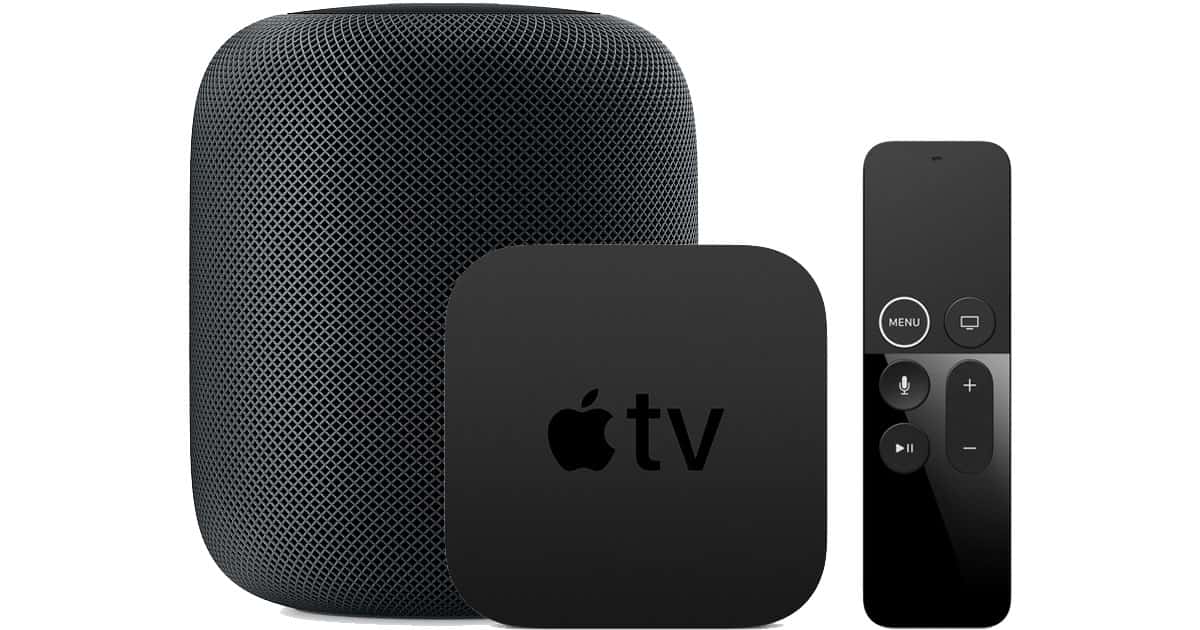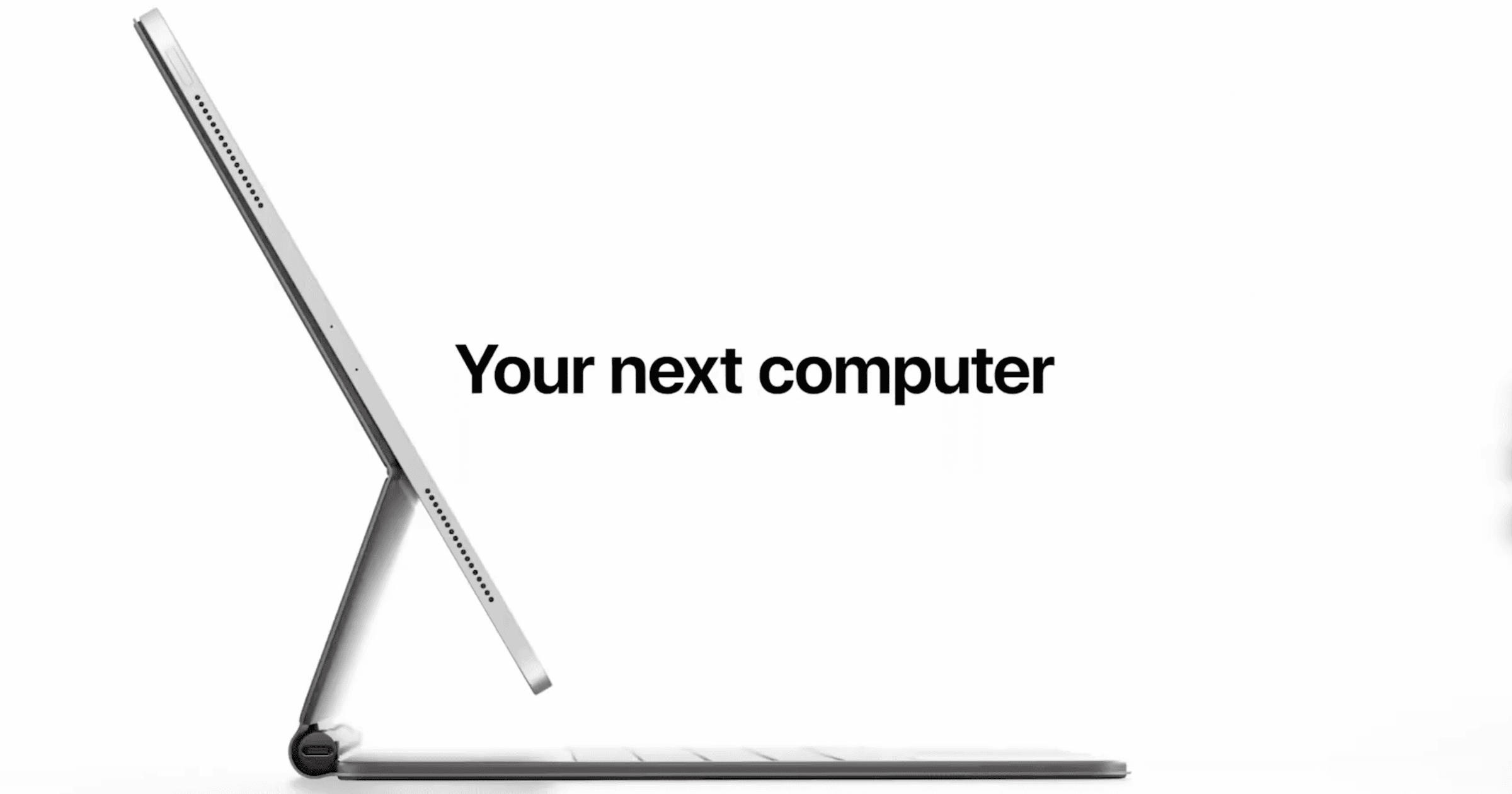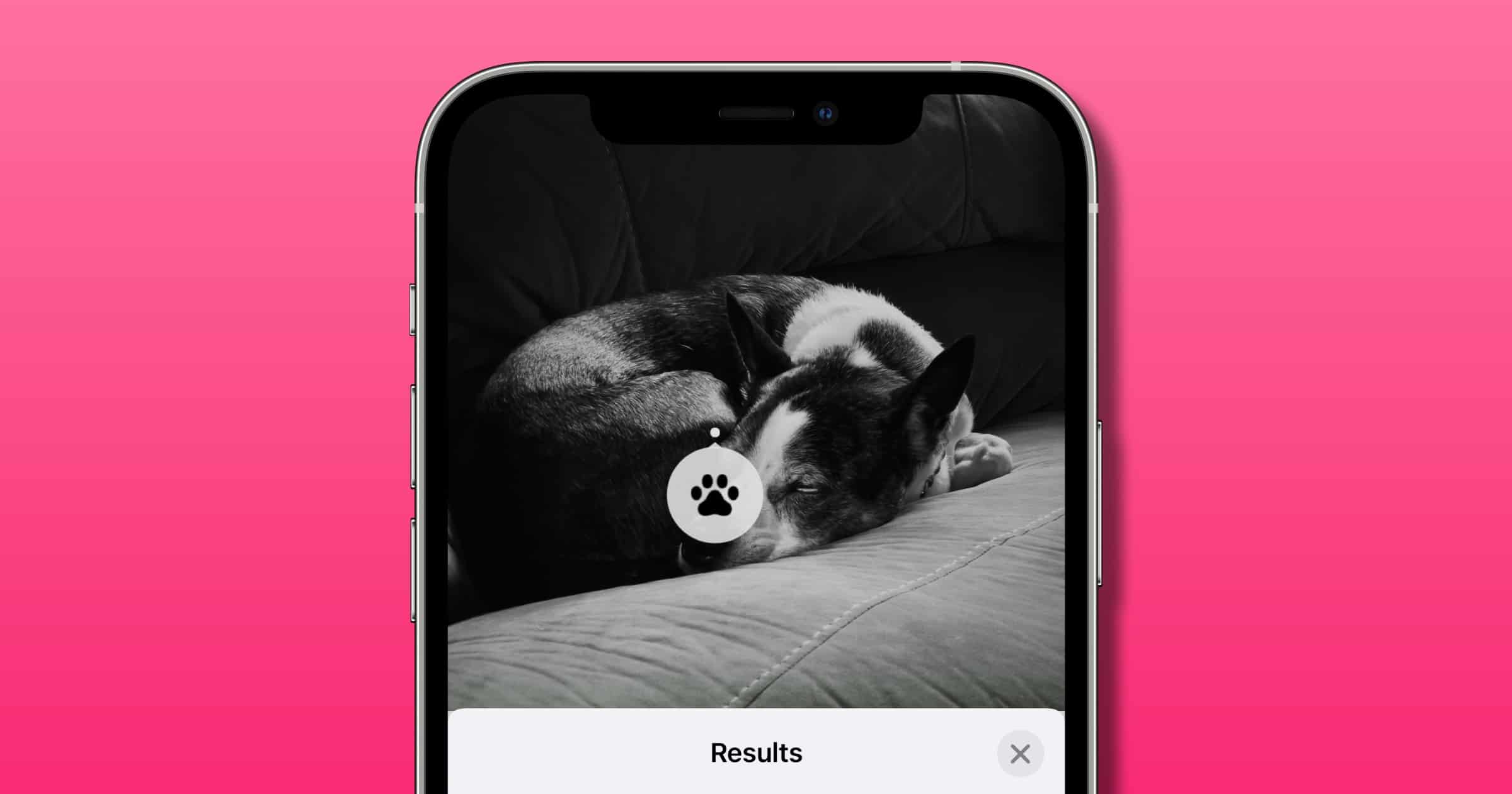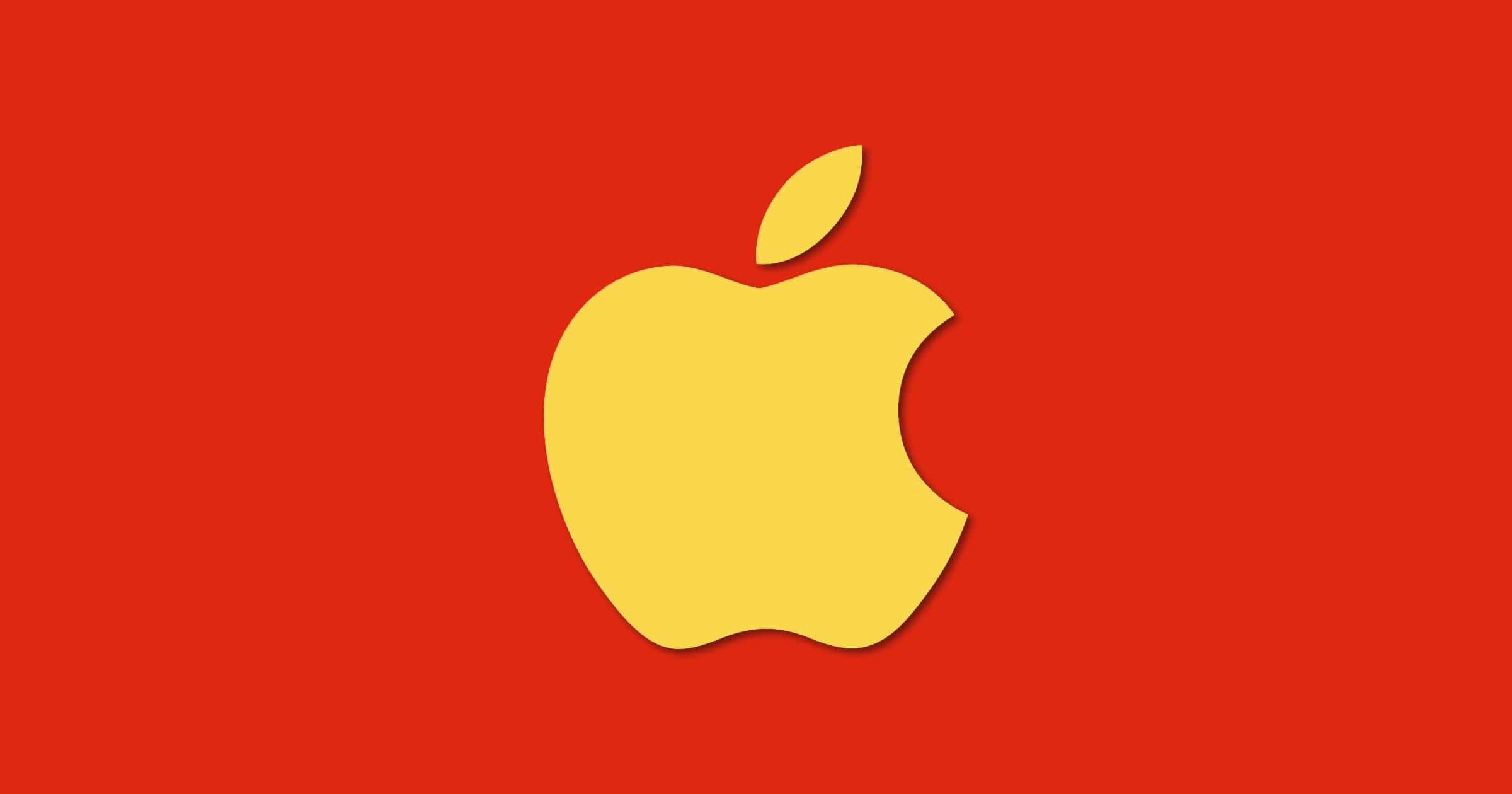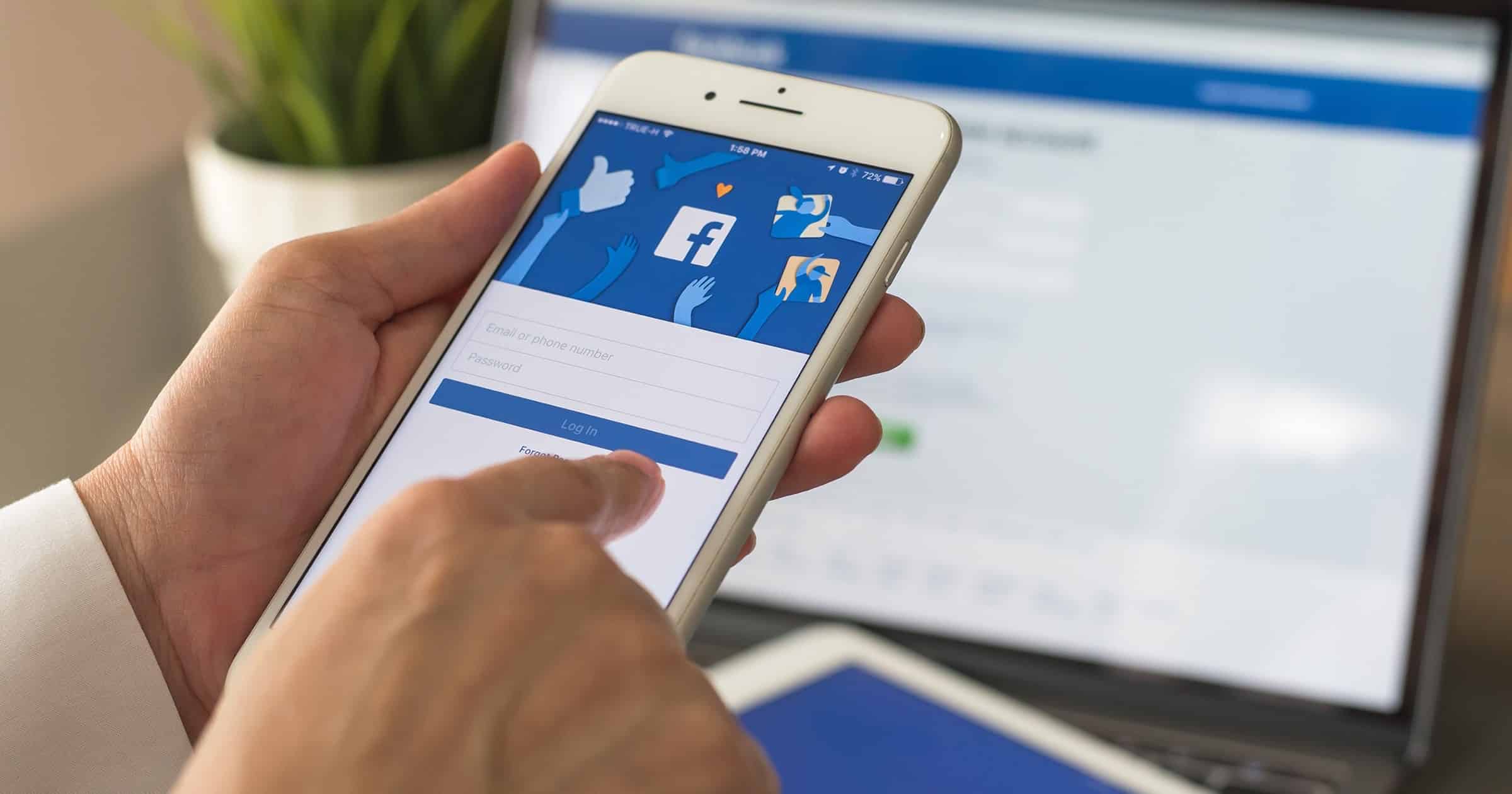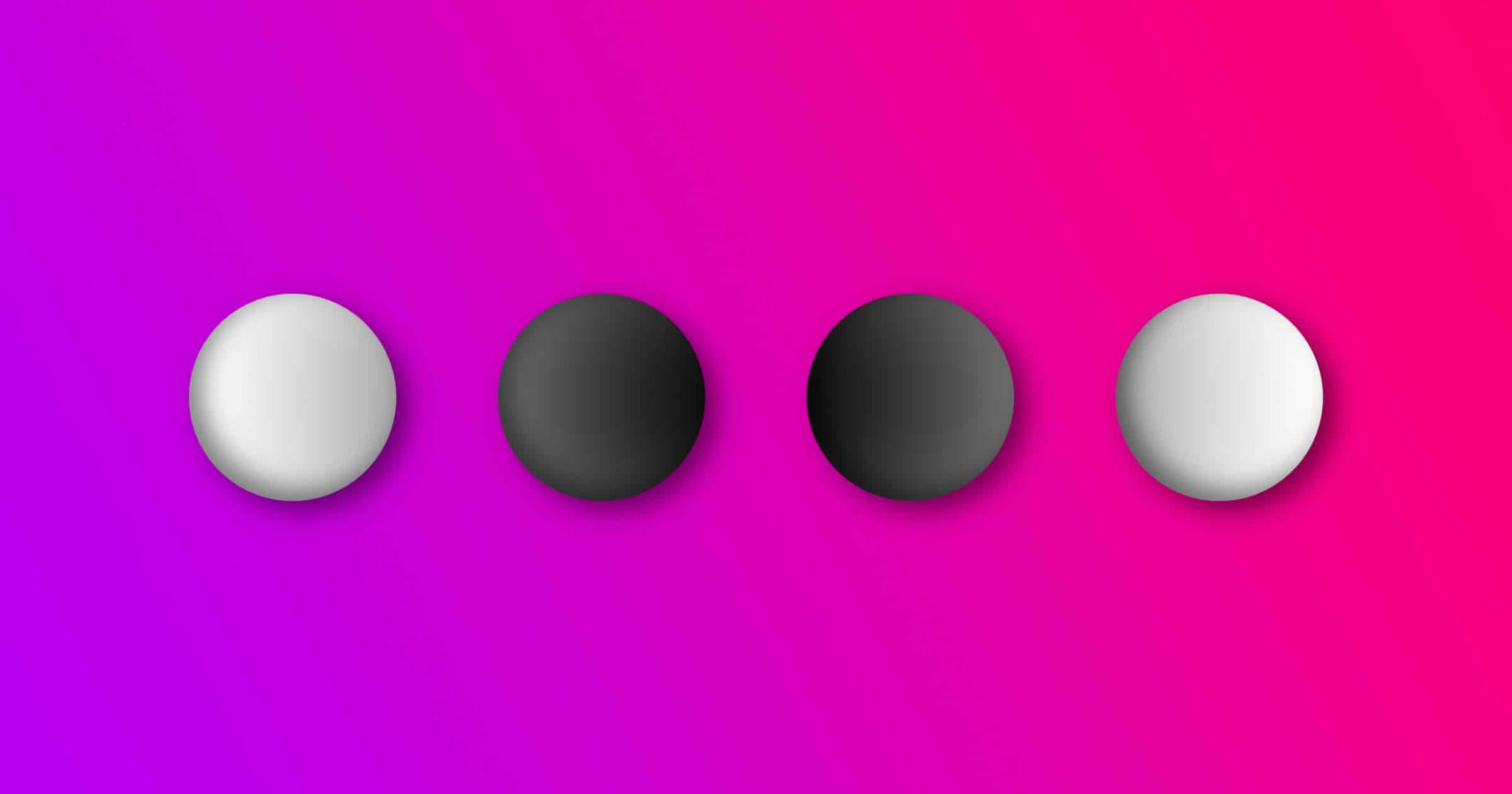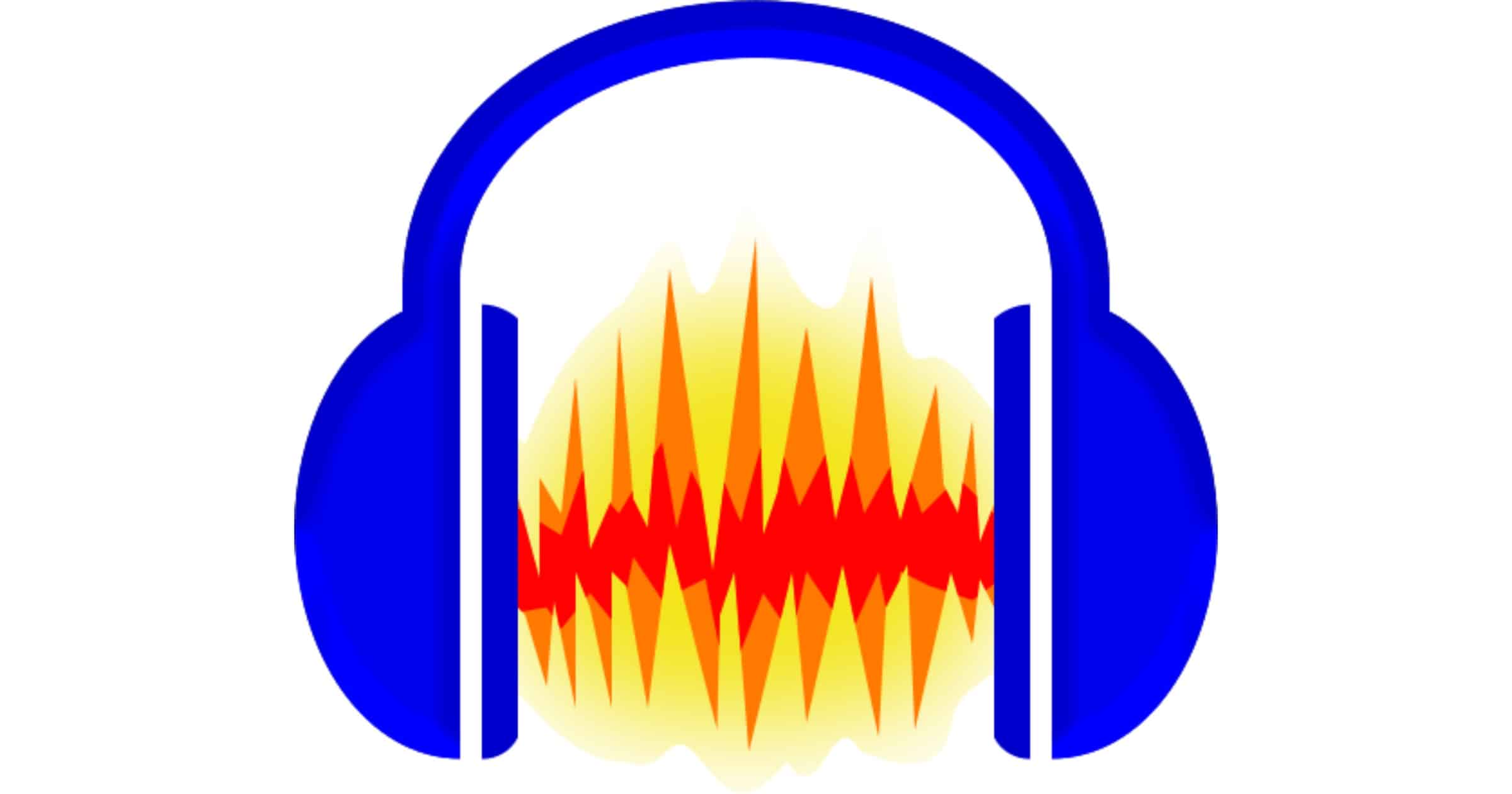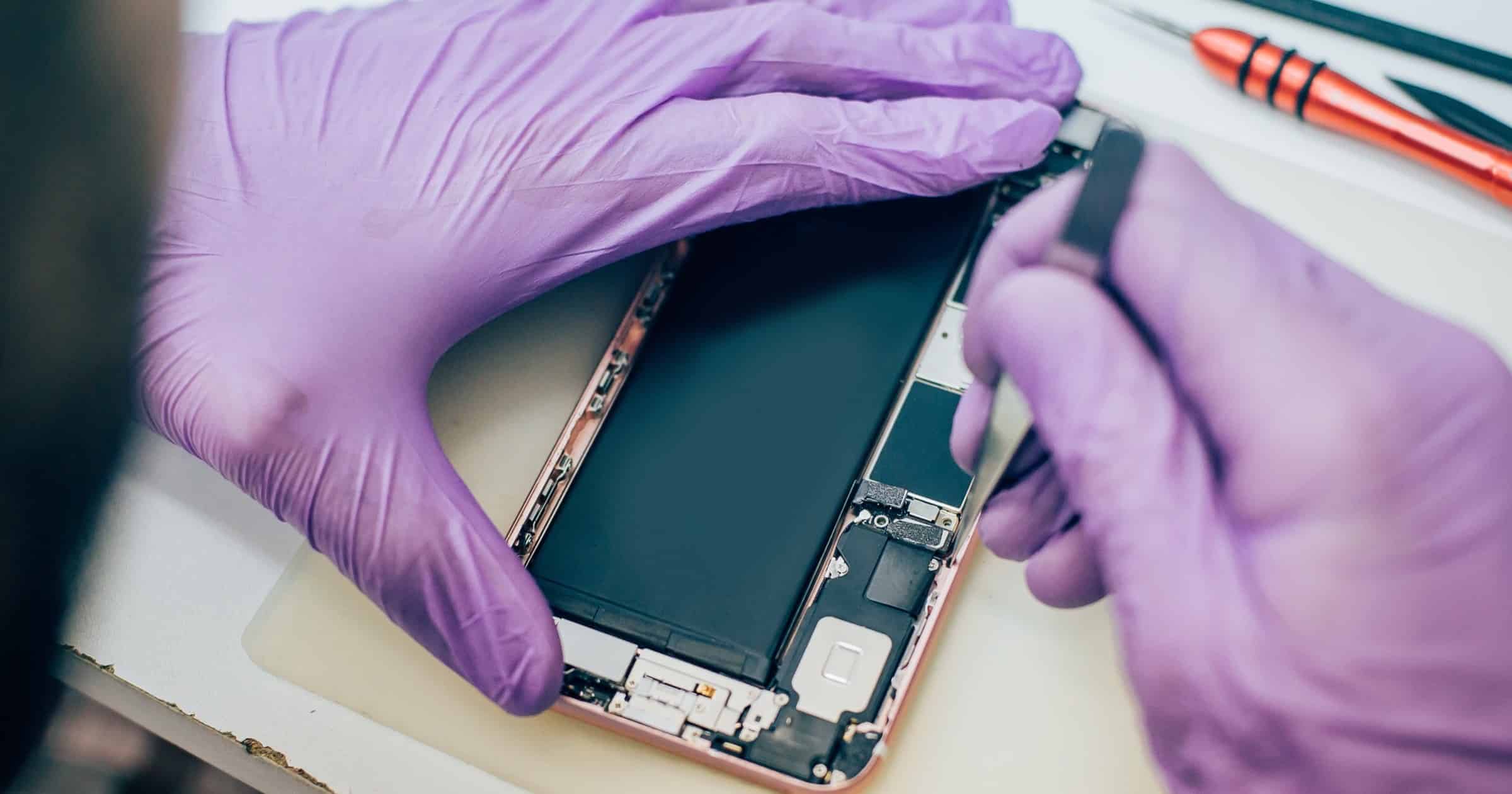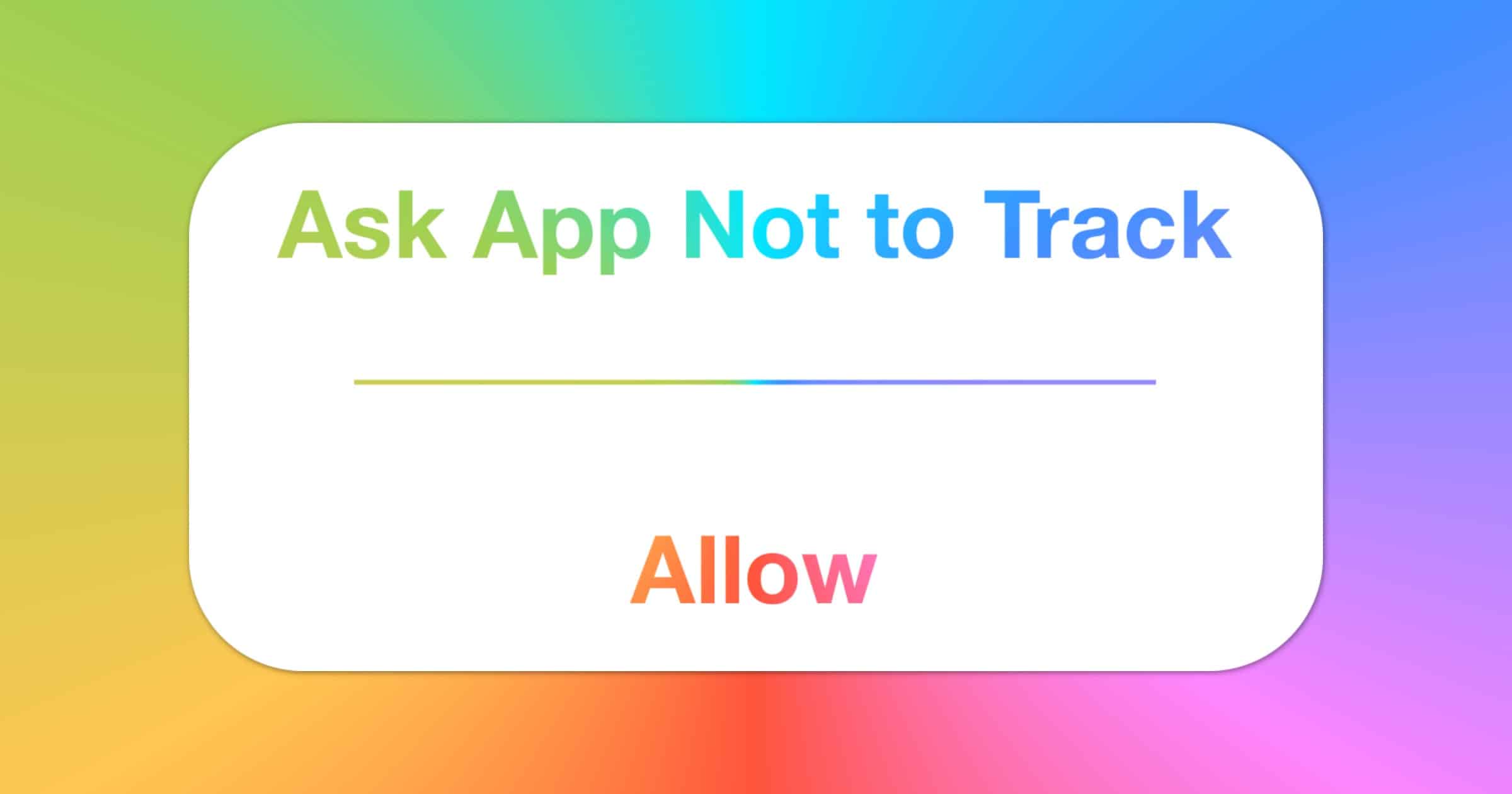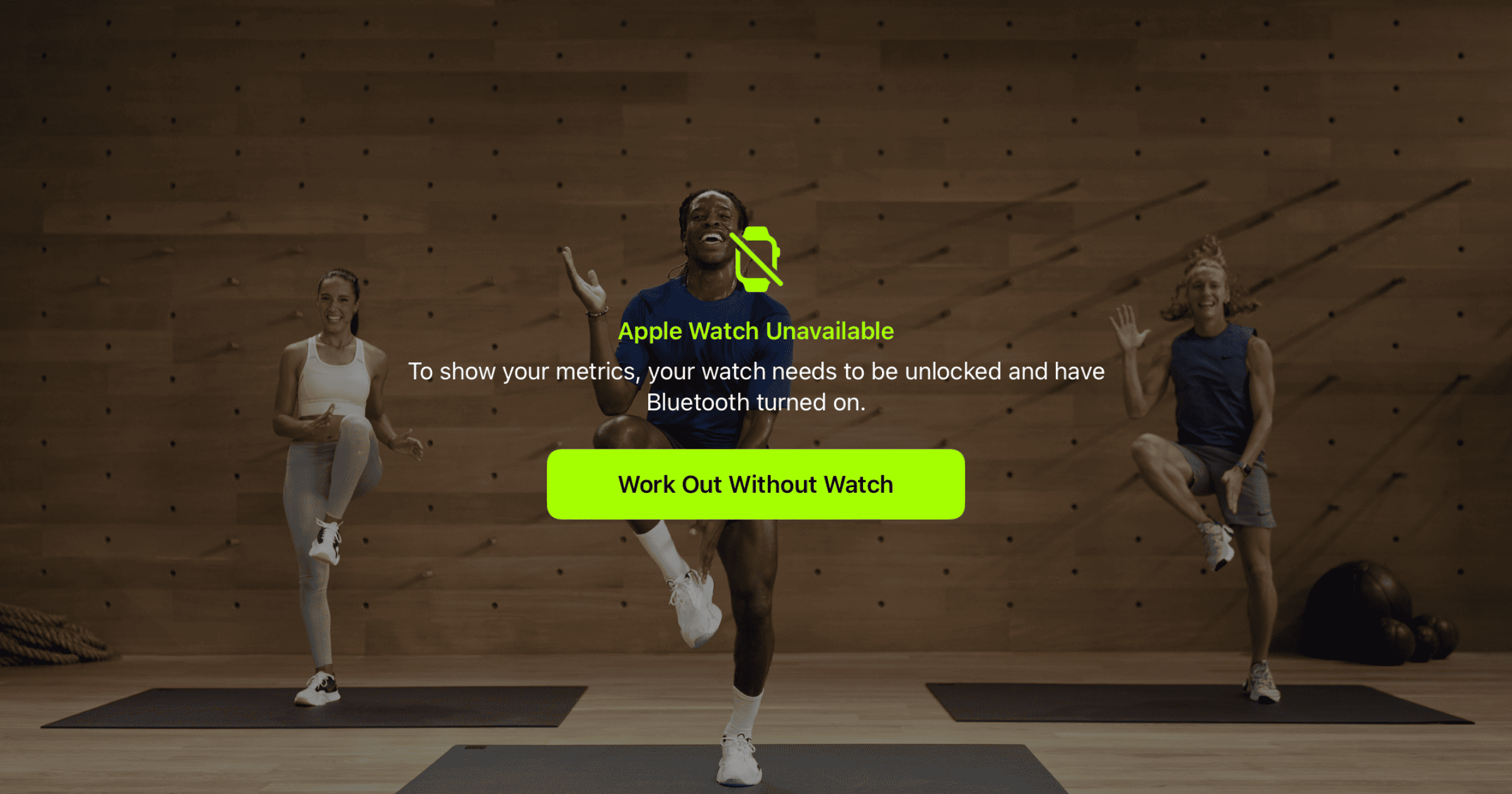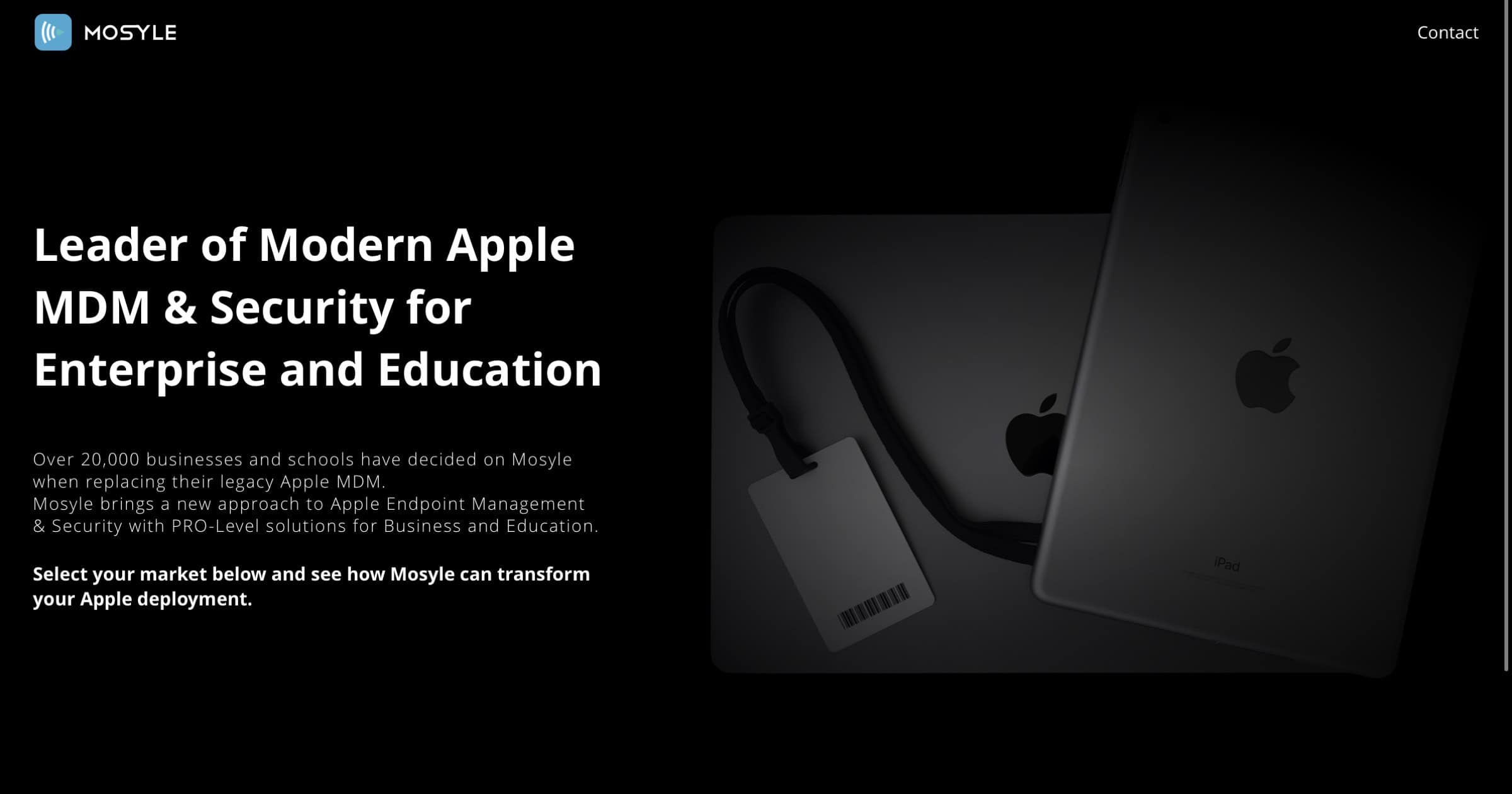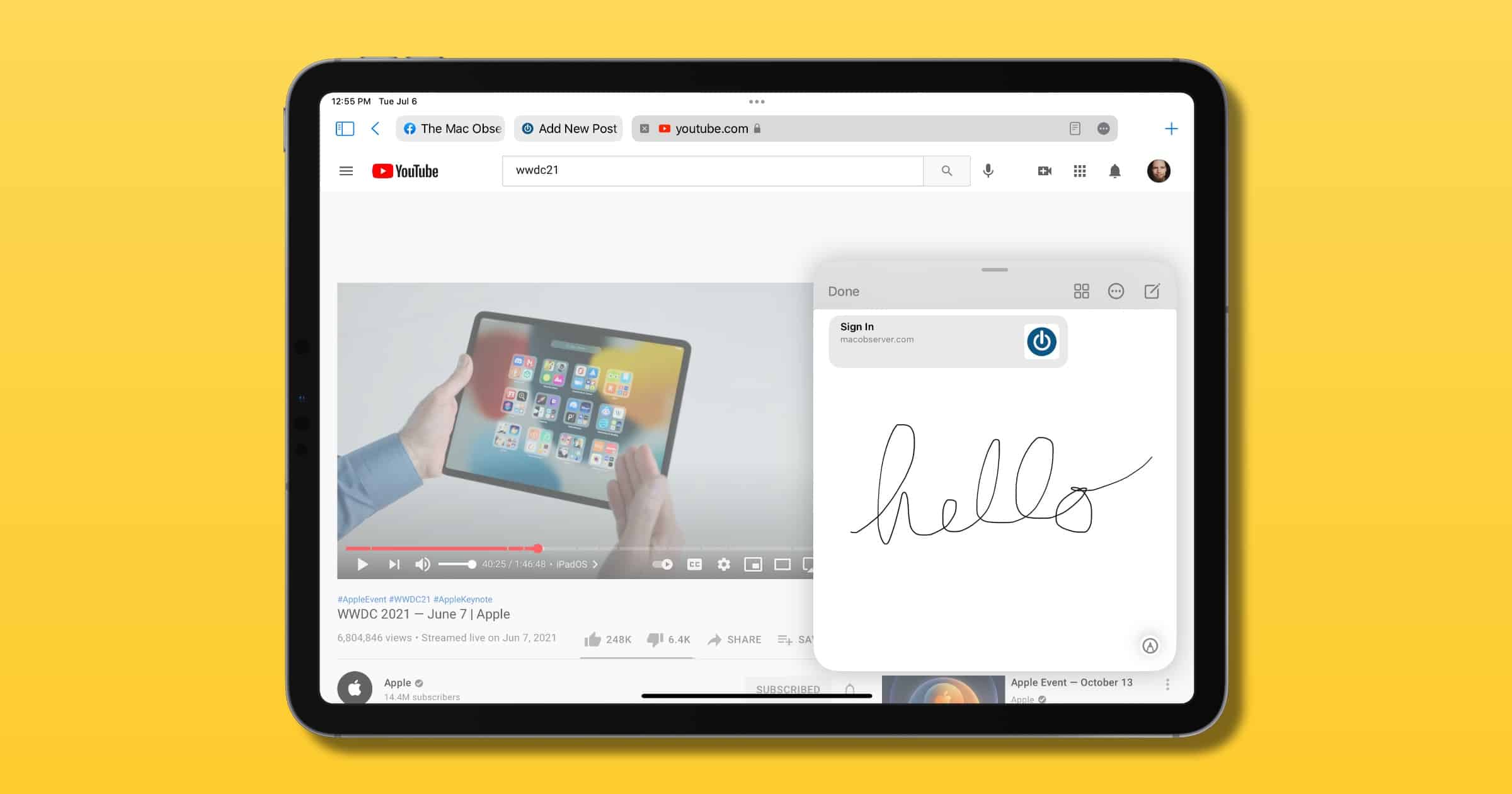Enter our new international giveaway for a chance to win the brand new iPhone 16 Pro.
Thirty-six States And DC Sue Google Over Antitrust Claims
Thirty-six states and the District of Columbia are suing Google claiming that the firm has used anticompetitive practices.
Apple TV+ and BBC Combining For Documentary '9/11: Inside the President's War Room'
Apple TV+ and the BBC announced documentary ‘9/11: Inside the President’s War Room’ telling the story of the attacks through the eyes of the presidency.
HomePods Bricking After 14.6 Release
Users are starting to complain that their HomePod smart speakers are bricking following the recent 14.6 software release.
But do You Really Want a 16-inch iPad?
We’ve had lots of talk recently about the blurring of the lines between tablet and laptop by Apple, and rumors of a 16-inch Pad Pro Max. Over at Wired, Craig Grannell argues that this would confuse the product line and provide little value for users. I’m inclined to agree.
The 16in crowd nonetheless bangs on that bigger is always better and appears to divide into two distinct camps. The first includes designers and artists who – perfectly reasonably – love bigger canvases they can directly interact with. But on talking to such people, you quickly realise their dream isn’t a mere 16in, but something closer to an A3 iPad Pro (as in, a 20in model) – or bigger. They’re driven by the idea of a Wacom Cintiq that would have the elegance and simplicity of, well, an iPad. But expand the iPad’s dimensions by too much and it ceases to be portable, meaning you cannot use it to be creative anywhere you please. It stops being a consumption device, thereby eroding its versatility. And it becomes colossally expensive, making the device far less viable. In short, it would no longer be an iPad in any meaningful sense, being too niche to be broadly useful – to the point hardly anyone would buy one.
Backblaze Updates With Faster Upload Speeds
On Wednesday Backblaze announced its big 8.0 upgrade that includes faster upload speeds as the main feature.
Rapper Soulja Boy Claims Steve Jobs Personally Delivered an Original iPhone to Him
Rapper Soulja Boy claims that Steve Jobs visited him on set whilst shooting the video for 2007 hit ‘Crank That (Soulja Boy)’. Cult of Mac did some digging and the story might, at least in part, be true…
On the surface, the story sounds kind of bogus. But Soulja Boy isn’t totally making this up. One Twitter user dug up some 2007-era footage of Soulja Boy flossing with an original iPhone on the day of release. That certainly makes Soulja Boy one of the first people (rappers included) to own an iPhone. But was he the absolute first? Probably not. The “Crank That” video premiered on BET’s 106 & Park on August 9, 2007. That was a couple months after the iPhone went on sale in June 2007. Cult of Mac asked “Crank That (Soulja Boy)” video director Dale Resteghini about the project. Resteghini said, based on his records, the video was shot on July 17, 2007. This would be roughly two weeks after the iPhone went on sale in America. But Resteghini said he remembers Apple representatives (he didn’t specify whether this included Jobs) showing up in person.
iOS 15: Apple Photos Has a New ‘Visual Search’ Feature
The Photos app is getting a new feature in iOS 15 called Visual Look Up, and it leverages the powerful on-device machine learning.
Apple TV+ Series 'Defending Jacob' is Being Released on... DVD?
Apple TV+ hit ‘Defending Jacob’ is being released on Blu-ray and DVD, with adventure series ‘Long Way Up’ also set for a physical release.
App Tracking Transparency and Android – TMO Daily Observations 2021-07-07
Charlotte Henry joins host Kelly Guimont to discuss the “fallout” of App Tracking Transparency along with Fitness+ updates and a possible purchase.
Apple Beats China Tech Giants in Ad Privacy Battle
Apple has seen off an initial attempt by some tech giants in China to navigate around its recently introduced privacy policies.
Keeping A Clean Desktop For Presentations
Here are two Quick Tips from Mac Geek Gab 879 (Out This Week) about Keeping A Clean Desktop for Presentations!
Also, Check Out Hidden Me, a Cool Stuff Found This Week.
Facebook Funds Second Study That Says Apple Is Bad
A new study is out, yet again funded by Facebook, that concludes Apple and Google have harmful practices.
MacBook Air With M2 Chip Arriving 2022, According to Leaker
Rumors are swirling about future Apple Silicon and the devices that updated chips will go in. MacRumors picked up on one leak that suggested an M2 going into Macbook Air, which will be released next year.
On Twitter, Dylandkt claimed that a new MacBook Air model is “on track” to launch in the first half of 2022, featuring an M2 chip and a more colorful design. They also claimed that the “M1X” chip is being reserved for high-end “Pro” Macs, which could include the MacBook Pro and a larger, more powerful iMac model. Dylandkt’s claim is not entirely new, given that Jon Prosser has previously said that the next-generation MacBook Air will feature a complete redesign, a range of iMac-like color options, and an M2 chip. Dylandkt has been resolute in previous comments about the “M1X” being destined for the next-generation MacBook Pro, while the “M2” will apparently be a lower-end chip for the MacBook Air, but it is worth noting that this does not seem to fit very well with the specific thoughts of reliable Bloomberg journalist Mark Gurman about Apple’s upcoming custom silicon chips for the Mac.
Kaspersky’s Password Manager Created Weak Passwords
Kaspersky Password Manager was caught creating weak passwords that were easy to brute force attack.
We will first see an example of a good password generation method, to explain after why the method used by Kaspersky was flawed, and how we exploited it. As we will see, passwords generated by this tool can be bruteforced in seconds.
After a bit less than two years, this vulnerability has been patched on all versions of KPM. Vulnerability has been assigned CVE-2020-27020.
Apple Interested in Purchasing Reese Witherspoon's Hello Sunshine Media Company
Reese Witherspoon’s media firm, Hello Sunshine, is exploring a sale, and Apple is one of those interested in making the acquisition.
Audacity: Users Hit Out Following Privacy Changes
Audacity has been very popular free audio software for a long while. However, new owners update the app’s privacy notice on July 2. It includes new data collection provisions and users are not happy, 9to5 Mac reported.
The new owners break down the two main types of data they collect including data for analytics and for legal enforcement. The analytics are limited to more specific information including the OS version, CPU, user country (based on IP), and error codes. The main issue most have with the change is the vague and overarching wording, especially within the legal enforcement section. They list the personal data they collect as, “Data necessary for law enforcement, litigation and authorities’ requests (if any)” without any limitations. That’s a significant change to Audacity after over 20 years of development. Users have not been pleased with this latest change. A large portion of the user base are advocates for privacy, and this vague from concerning change is seen as a betrayal of Audacity’s users and history.
President Biden to Enhance Right to Repair Laws
A report on Tuesday claims that President Biden will work with the FTC to create new rules in favor of the Right To Repair movement.
Advertisers Reduce iOS Spend Amid ‘Ask App Not to Track’ Introduction
Advertisers are moving their money from iOS to Android devices amid the introduction of ‘Ask App Not to Track’ notifications.
Fitness+ on iPad Now Has Full Apple Watch Features
All the Apple Watch Fitness+ features now work when accessing workouts on an iPad, with a previous bug seemingly fixed.
Mosyle Adds Apple Device Screen Sharing for Work and School
Mosyle has officially announced the latest update to its software for Mac admins. It adds a screen sharing tool for the MDM market.
Let's Get Physical — Media+
Kelly Guimont and Dave Hamilton pull on their spandex and join host Charlotte Henry to unpack Apple TV+ show ‘Physical’. They discuss how the show reflects life in the 1970s and ’80s, and whether or not they care about what happens to the characters.
Facebook v FTC – TMO Daily Observations 2021-07-06
John Martellaro joins host Kelly Guimont to discuss the dismissal of the FTC suit against Facebook, and what exactly the issues with “Big Tech” are.
iPadOS 15: How to Create a Quick Note for Apple Notes
One of the new features coming to Apple Notes in iPadOS 15 is the ability to create a “quick note.” Here’s how to create one.
Lisey's Story on Apple TV+: How Boo'ya Moon Was Created
Taking something from the mind, and page, of Stephen King to the screen is no small feat. In a recently released clip, production designer Guy Hendrix Dyas, Director of Photography Darius Khondji, and director Pablo Larrain describe how they did it for the Apple TV+ adaptation of Lisey’s Story.



